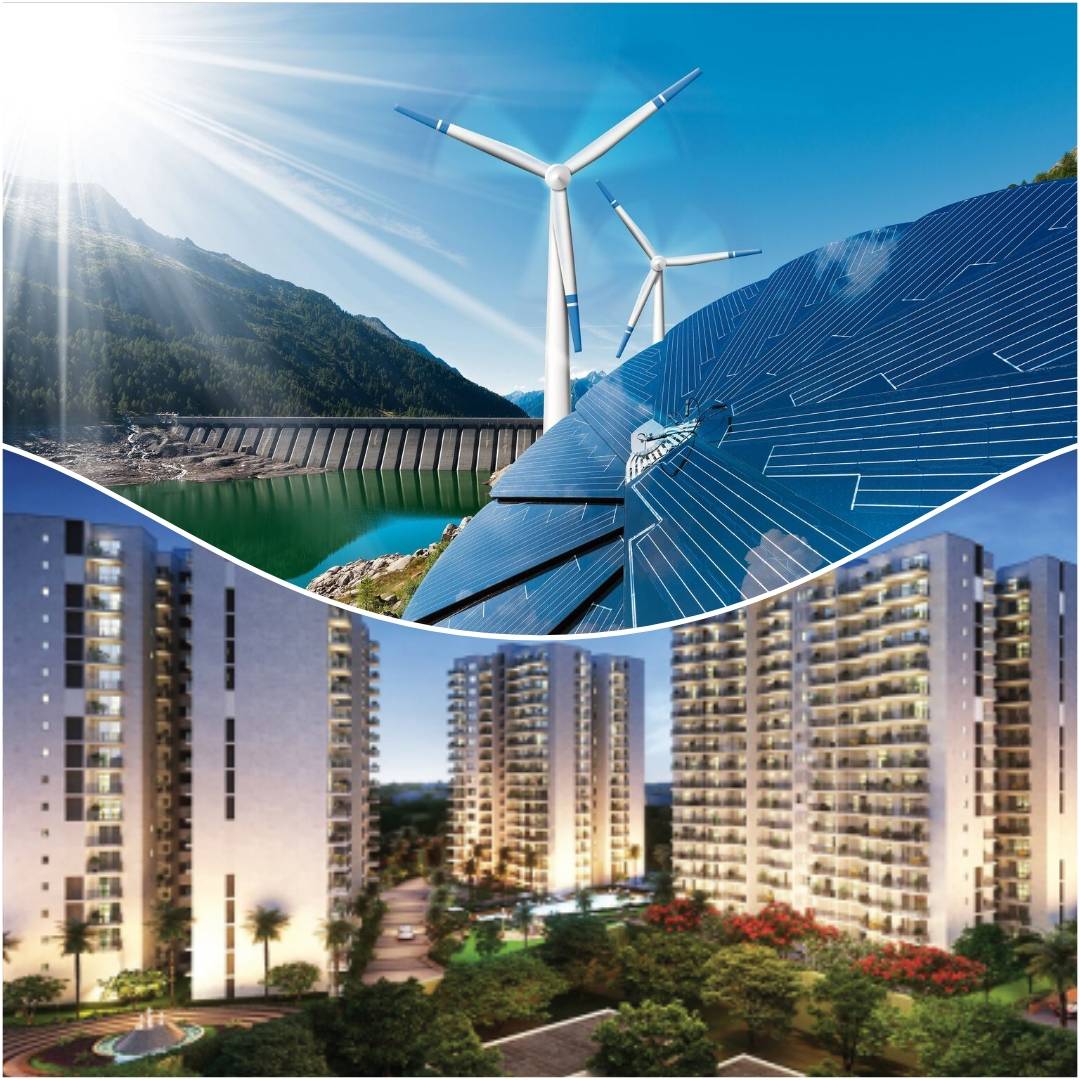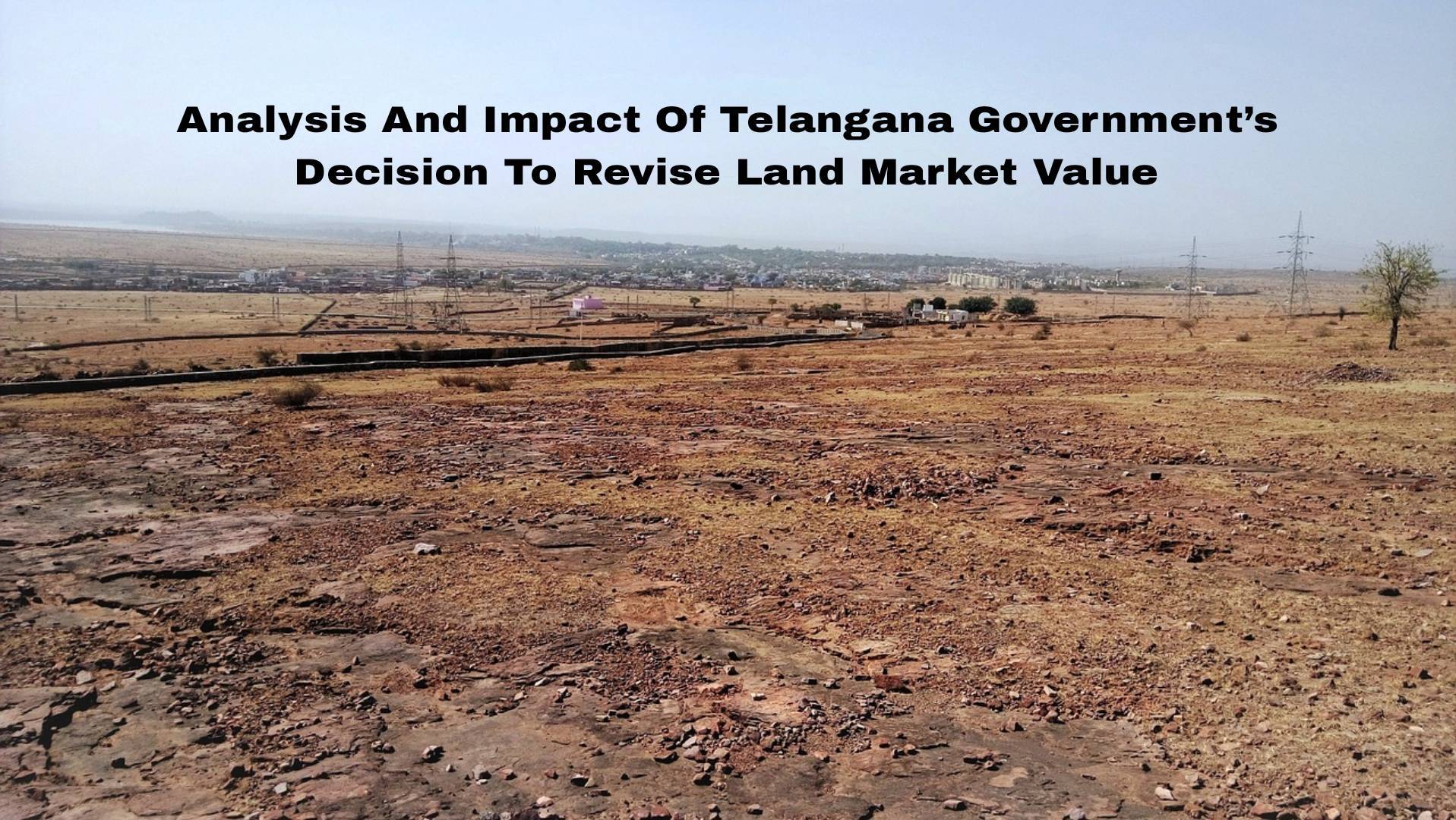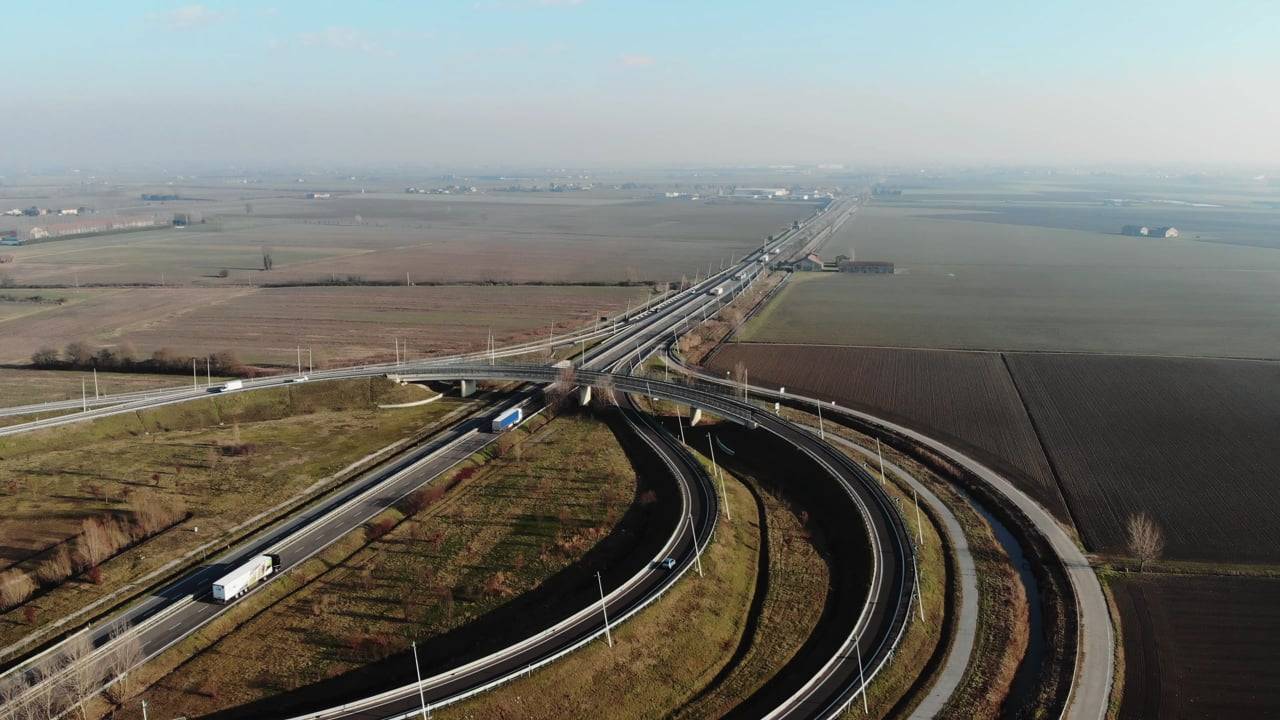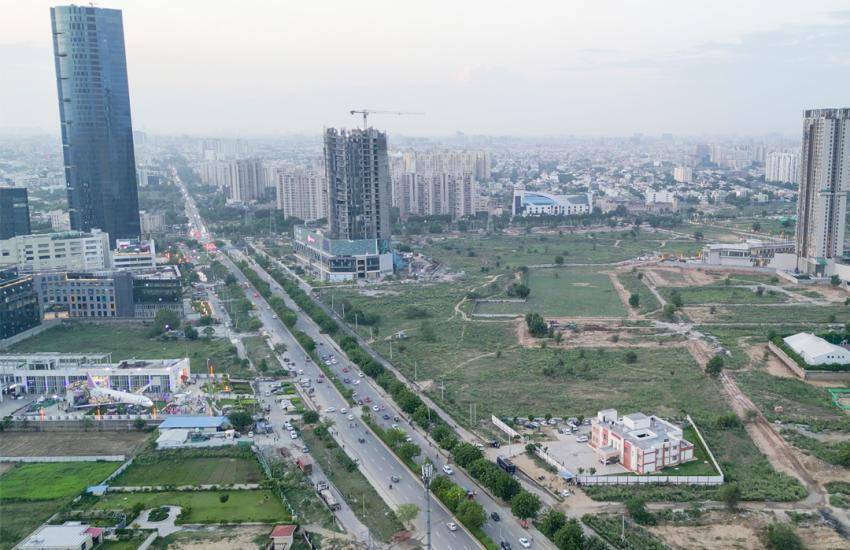Investments in India's infrastructure sectors, particularly renewable energy and real estate, are projected to rise significantly in the coming years. According to a recent report by the rating agency CRISIL, the total investment is expected to grow by 38% to Rs 15 lakh crore by 2025-26. This surge will be driven by supportive policy interventions, the push for sustainable infrastructure, improved physical connectivity, and a rising demand for residential and commercial properties.
Renewable Energy: A Key Growth Sector
Government Targets and Achievements
The renewable energy sector is poised to be a major growth area. The Indian government aims to achieve an installed capacity of 450 gigawatts (GW) of solar and wind energy by 2030. Fiscal year 2024 saw auctions totaling 35 GW, the highest in a single year, with a pipeline of 75 GW and plans to implement 50 GW over the next two fiscal years. These ambitious targets reflect India's commitment to reducing its carbon footprint and transitioning to a sustainable energy future.
Domestic Ecosystem Development
Higher import duties have fostered the development of a domestic ecosystem for module production. This shift has reduced import dependence and price volatility, facilitating better control over the supply chain. Domestic production capacity is crucial not only for meeting internal demand but also for positioning India as a significant player in the global renewable energy market. Despite these advancements, challenges remain. Approximately 7 GW of storage-linked capacities are yet to secure buyers out of nearly 9 GW commissioned, highlighting the need for further market development and buyer engagement.
Technological Advancements
Technological innovation plays a crucial role in the growth of the renewable energy sector. Advancements in solar and wind technologies, along with improvements in energy storage solutions, are essential for maximizing efficiency and reliability. India's focus on research and development in this field is expected to yield significant benefits, including cost reductions and enhanced performance of renewable energy systems.
Policy Support and Market Dynamics
Government policies have been instrumental in driving the growth of renewable energy. Incentives such as subsidies, tax benefits, and streamlined approval processes have encouraged investment and development. The introduction of higher import duties on solar modules, for instance, has incentivized domestic production, reducing dependence on imports and stabilizing prices. Additionally, the creation of a favorable regulatory environment has attracted both domestic and international investors, boosting confidence in the sector's long-term viability.
Challenges and Future Outlook
While the outlook for renewable energy is positive, several challenges need to be addressed to sustain growth. Securing buyers for storage-linked capacities remains a critical issue. The development of robust energy storage solutions is essential for integrating renewable energy into the grid and ensuring a stable supply. Furthermore, the industry must continue to innovate and improve efficiency to remain competitive globally. Policy consistency and continued government support will be crucial in overcoming these challenges and achieving the ambitious renewable energy targets.
Real Estate: Sustained Demand and Growth
Commercial Real Estate
The demand for commercial office space is set to grow by 8-10% in the current and upcoming fiscal years. This growth is driven by global capability centers seeking India's large talent pool and competitive rental rates, as well as robust demand from domestic sectors. Recent amendments allowing the demarcation of Special Economic Zone (SEZ) areas into non-SEZ areas are expected to further spur growth by attracting a wider base of tenants. These changes are anticipated to increase the flexibility and attractiveness of commercial properties, making them more appealing to a diverse range of businesses.
Residential Real Estate
Residential real estate demand is projected to sustain at 8-12%. The Real Estate (Regulation and Development) Act, 2016, has played a significant role in improving transparency and facilitating timely project completion, thereby enhancing stakeholder confidence. The emergence of vehicles such as infrastructure investment trusts (InvITs) and real estate investment trusts (REITs) has been a key enabler, providing opportunities for developers to unlock equity capital. These investment vehicles offer investors an avenue to participate in the real estate market with reduced risk, further stimulating growth in the sector.
Urbanization and Demographic Trends
Urbanization and demographic trends are significant drivers of real estate demand. As more people migrate to urban areas in search of better opportunities, the demand for both residential and commercial properties increases. India’s young and growing population is also a major factor, as younger demographics tend to drive demand for new housing and modern amenities. Policies aimed at improving urban infrastructure and connectivity further support this trend, making cities more livable and attractive.
Policy Support and Market Dynamics
Government policies have been crucial in driving growth in the real estate sector. Initiatives such as the Real Estate (Regulation and Development) Act, 2016, have improved transparency and accountability, fostering greater trust among stakeholders. Additionally, tax incentives and subsidies for affordable housing have boosted residential real estate development. Policies promoting foreign direct investment (FDI) have also played a significant role, attracting global investors to the Indian real estate market.
Challenges and Future Outlook
The real estate sector faces its own set of challenges. Managing inventory levels and maintaining discipline in new launches are crucial for stability. Developers need to balance new project launches with the demand to avoid oversupply, which can depress prices and reduce profitability. Additionally, ensuring timely project completion and maintaining quality standards are essential for sustaining buyer confidence. Continued policy support and innovative financing solutions will be key to addressing these challenges and sustaining growth in the sector.
Combined Impact on the Economy
The combined growth of the renewable energy and real estate sectors is expected to have a significant positive impact on the Indian economy. These sectors are major sources of employment, generating millions of jobs across various skill levels. The development of sustainable infrastructure and modern real estate projects also enhances the overall quality of life, making cities more attractive for residents and businesses alike.
Conclusion
The projected increase in investments in India's renewable energy and real estate sectors underscores the country's commitment to sustainable infrastructure development. With supportive policies, robust demand, and strong investor interest, these sectors are set to play a pivotal role in India's economic growth. Addressing existing challenges will be crucial to realizing the full potential of these investments and ensuring long-term stability and growth. Continued collaboration between the government, private sector, and investors will be essential in driving forward India's infrastructure agenda and achieving its ambitious targets. By fostering innovation, improving regulatory frameworks, and maintaining a focus on sustainability, India can pave the way for a prosperous and resilient future.
Images- livemint.com, vserverealty.com









.png)